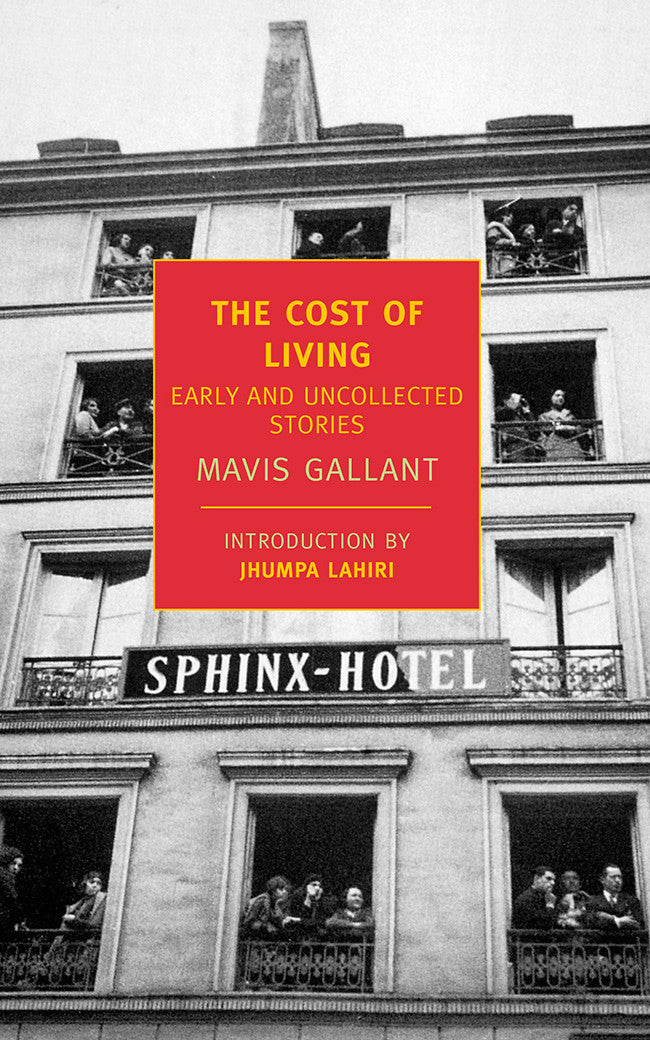Now Francin had me the way he wanted me to be, a nice decent woman sitting at home, he knew where this woman was, and where she would be tomorrow, somewhere he would like to make her stay for always, not too ill, but sort of ailing, a woman who would hobble to the stove, to the chair, to the table, but above all a woman who would be some kind of burden, because for Francin it was the height of matrimonial bliss when I was grateful to him for making me my breakfast in the morning, and going on the motorbike at midday to fetch lunch from the restaurant, but above all it meant he could show me how much he loved me, with what joy he was prepared to care for me, and somehow, just as he took care of me, so ought I to be taking care of him, that was Francin's dream, that every year I might catch angina and flu, and occasionally get pneumonia. That always made him blissfully happy, nobody else knew how to look after a person like Francin did, that was his religion, his heaven on earth, when he could wrap me in sheets dampened in cold water, when he ran around me with the sheet and wound it on to me as if he were embalming me alive, but then he took me in his arms and laid me carefully in my bed, like little girls do with their dolls.
Francin is the manager of a brewery in a small unnamed town in Czechoslovakia. A decent, practical man, he takes his job seriously and is a conscientious worker. These qualities are challenged by his wife, who is beautiful but inclined to indulge every impulse, and his brother, "Uncle Pepin," a vivacious man who, something like the brother who thinks he's Teddy Roosevelt in Arsenic and Old Lace, imagines that he's still an active member of his Austrian military corps. The Little Town Where Time Stood Still is split into two halves with different narrators who tell the story of Francin and his family: first, "Cutting It Short," narrated by his wife, and then the title novella, which is narrated by the couples' young son. (Strangely, the son disappears almost immediately after telling an anecdote about how, to his father's frustration, he gets a tattoo of a naked, bearded mermaid, though he'd wanted one of a ship. The only evidence that the novella is narrated by the child after this is that Francin is referred to as "Dad.")
Both novellas bear Hrabal's trademark comic realism, one step to the left of the social realism that Soviet authorities, whose censorship Hrabal fell afoul of more than once, were trying to promote. In "Cutting It Short," Francin's wife Maryska becomes wrapped up in the trendiness of shortening everything, starting with women's skirts. She clips the horse's mane, and then the dog's tail--much to the dog's chagrin. So it's not exactly true that the town where they live is "the little town where time stood still," as the second novella asserts, but the forces of change which are played for comedy in the first novella become much more sinister in the second. First, it's the Nazis who come to occupy the brewery, and then the Soviets, who take the brewery out of the hands of owners and managers and give it to the workers. Francin loses his job this way; though the workers admit he was always decent to them, this makes him only worse, because a decent manager only entrenches the power of the bourgeoisie. So Francin takes to mushroom hunting with Uncle Pepin, becoming, in his way, as aloof and isolated as his brother. "The Little Town Where Time Stood Still" is an elegy for old ways ripped up, root and branch, by Soviet control of Czechoslovakia; one of the most affecting images comes late in the novel when Francin stops by the cemetery to see the graves and monuments being demolished and carted away.
I wasn't as taken with The Little Town Where Time Stood Still as I was with I Served the King of England, a comic masterpiece, or the absurdist novella Too Loud a Solitude. All three are stories about working people, though their relationships to the proletariat are never straightforward: a waiter, a book incinerator, a brewery manager. I never connected will with the character of Uncle Pepin, who felt funnier in theory than in practice. Part of that might be that the translator has Pepin speaking in a bewildering Scots dialect, which must be a way of transliterating whatever rural dialect of Czech he speaks, but it's just more confusing than anything. But I did like the way the comic elements of the book revolved around the stolid Francin, whose stalwart nature is challenged by a rapidly changing world.








